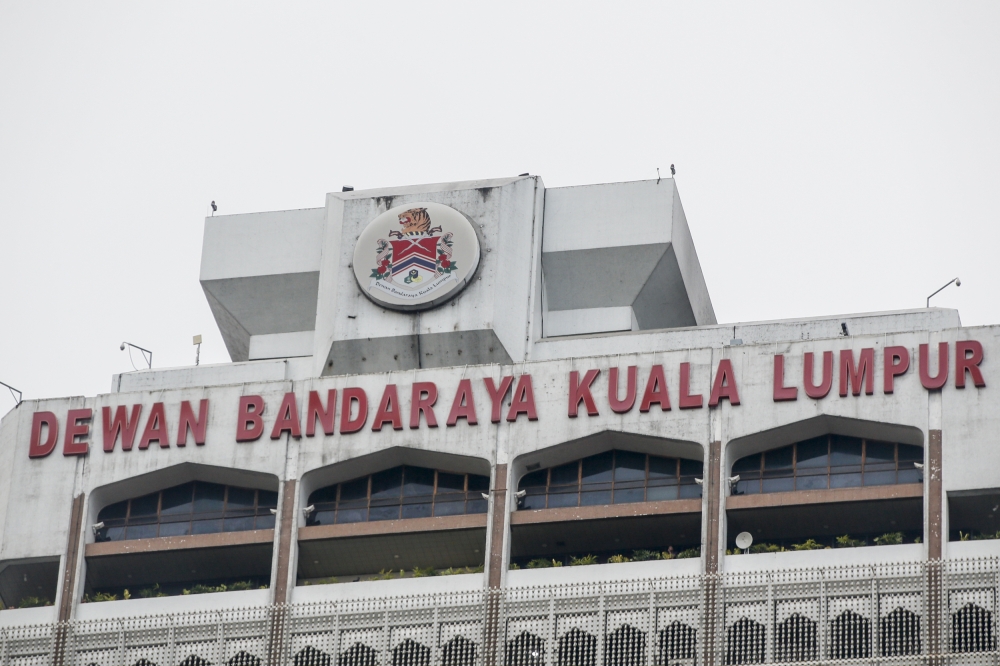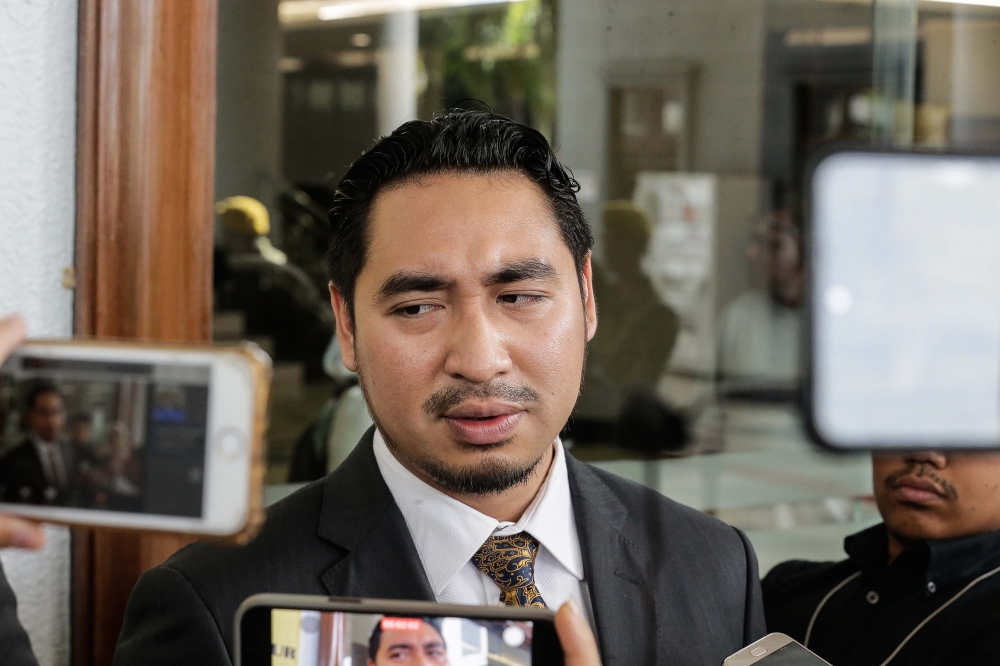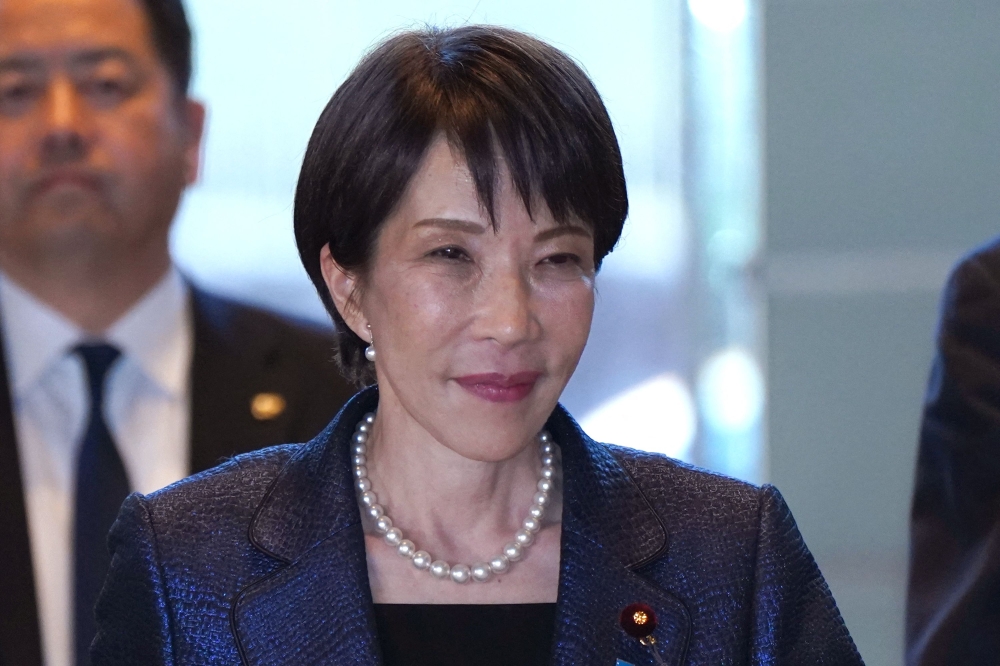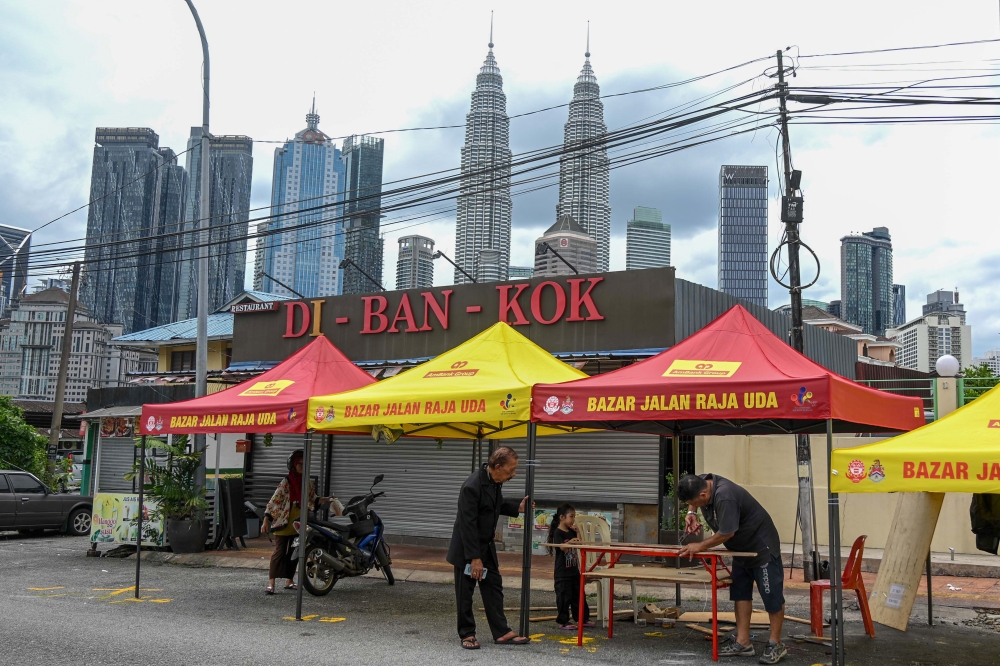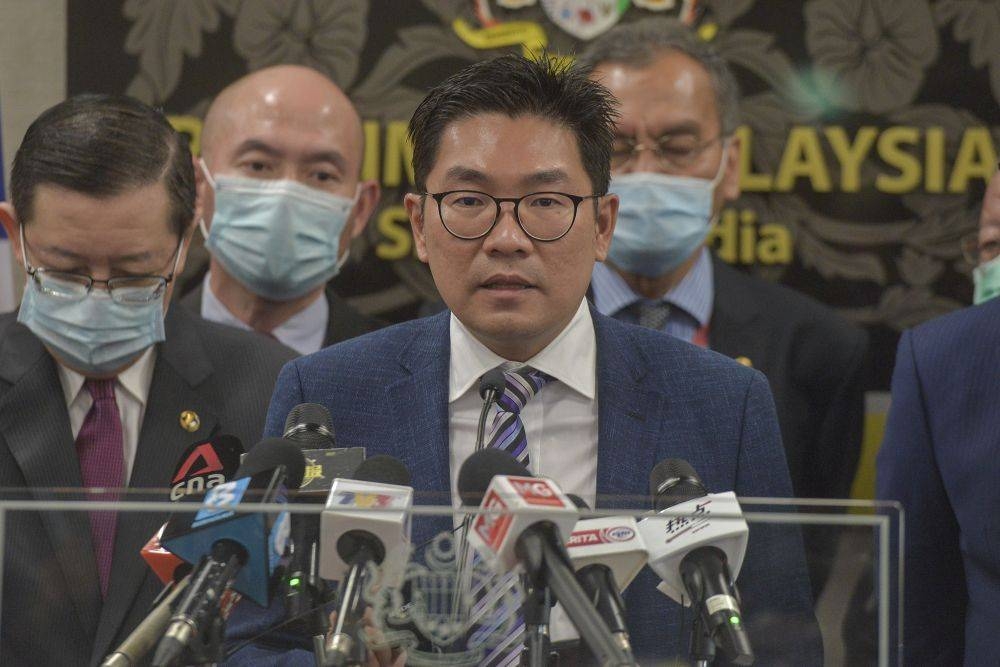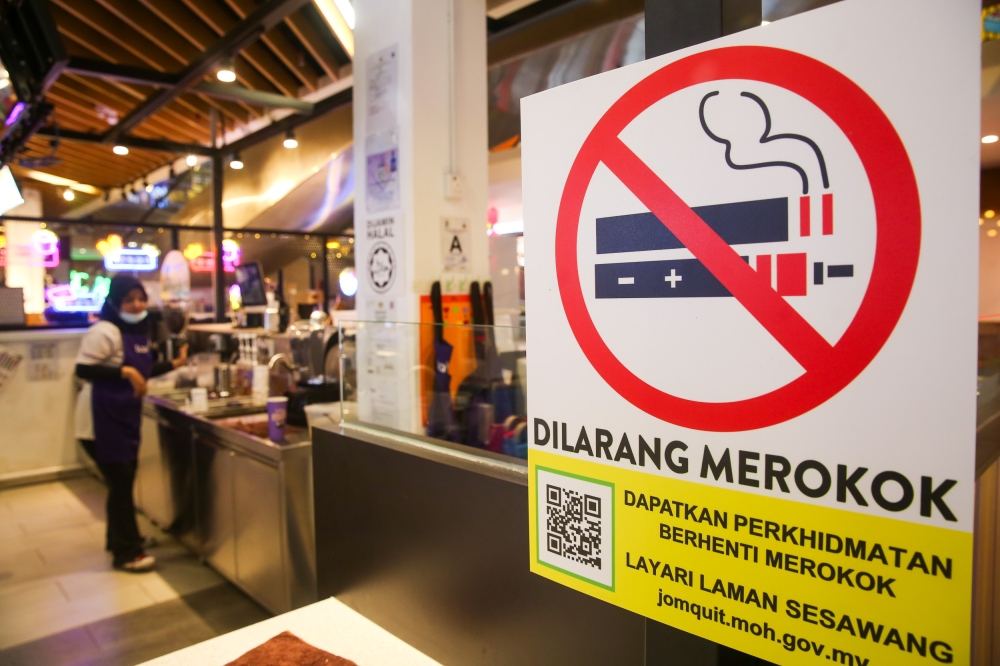KUALA LUMPUR, May 19 — The newly announced revocation of approved permits (AP) to import foodstuffs into the country is only a populist move and would not solve the nation's food security woes in the long term, PKR's Bayan Baru MP Sim Tze Tzin said today.
The former deputy agriculture and agro-based industry minister claimed the announcement by Prime Minister Datuk Seri Ismail Sabri Yaakob does not yield much effect as it only covers five food types — round cabbage, rice, old coconuts, evaporated milk and raw chicken — which would not help in reducing the cost of food prices.
“The government should understand the agricultural industry and the food chain in-depth. The cause of rising food prices is actually dependent on food imports. Malaysia will import RM55 billion worth of food in 2020. When international food prices go up, then Malaysian food prices would also rise because we import.
“When the Malaysian ringgit falls to RM4.40 against the US$1, food prices go up because we pay the producer country in US dollars. Excessive dependence on food imports is the cause of rising food prices. In my opinion, the government should increase the capacity of our own country to produce food to meet the needs of 32 million people in our country. This is called food sovereignty,” Sim said.
He added that food sovereignty aims to increase the capacity of farmers, fishermen and small and medium breeders in the country to meet local food needs.
Sim, who is PKR's spokesperson for agriculture and commodities, stressed that the policy of abolishing the AP, although seemingly popular, will not solve the problem of food costs if the government does not increase the food production capacity of domestic farmers, fishermen and ranchers.
Prime Minister Datuk Seri Ismail Sabri Yaakob yesterday announced that the government has agreed not to impose the AP with immediate effect after a Cabinet meeting he chaired yesterday.
Ismail Sabri reportedly said that he had also ordered the Ministry of Agriculture and Food Industries to prepare short and long-term plans to avoid food crises in this country due to issues such as the Russia-Ukraine conflict.





